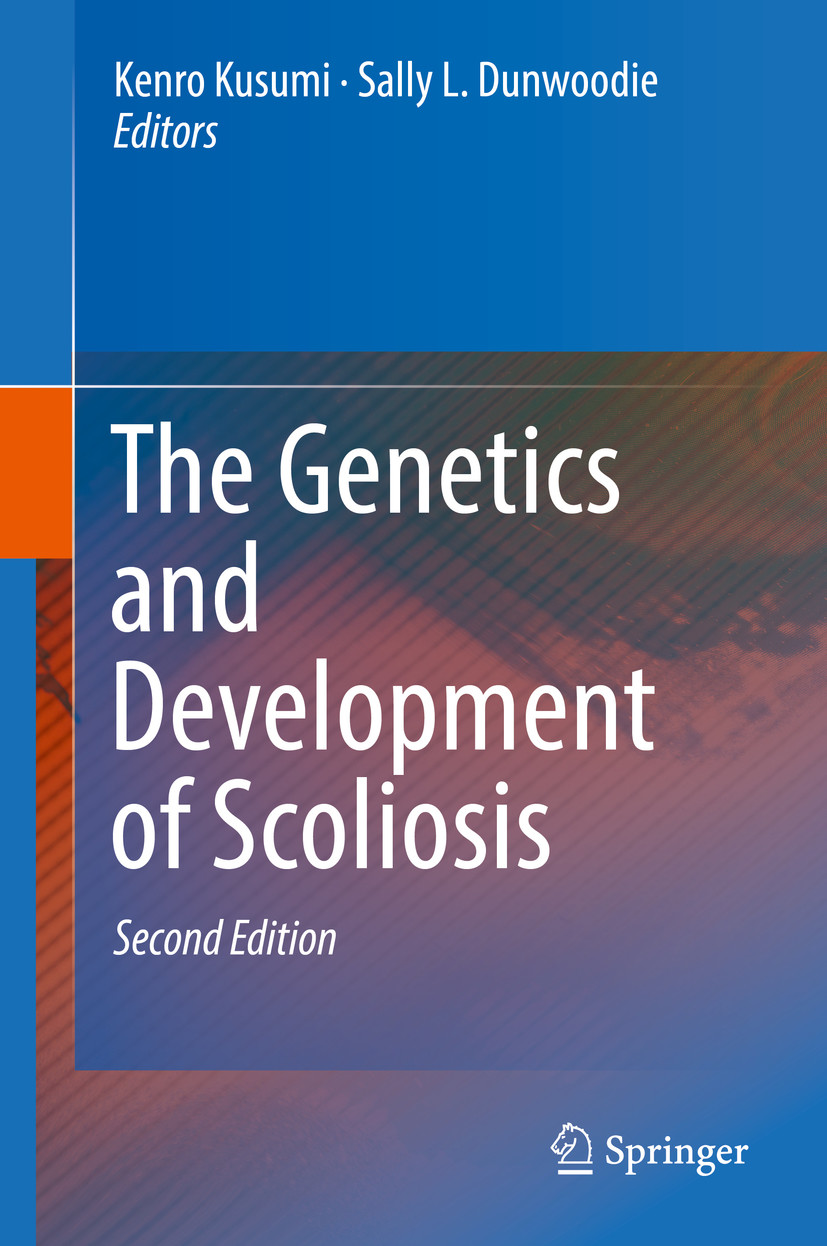The Genetics and Development of Scoliosis
| Auflage | 2. Auflage, 2018 |
| Verlag | Springer-Verlag |
| ISBN | 9783319901497 |
Produktbeschreibung
Our understanding of the genetic and developmental mechanisms underlying scoliosis is rapidly evolving, this timely second edition of The Genetics and Development of Scoliosis is to provide researchers, clinicians, and students with the most current views in this field.
This volume brings together leaders in understanding congenital and idiopathic scoliosis to present the current state of research, and to compare the genetic etiology of these conditions, in order to identify potential shared developmental mechanisms. This book will summarize the recent advances in studies of spinal development and how disruptions during embryogenesis in embryonic segmentation can lead to congenital vertebral defects. In addition, recent reports of genetic loci predisposing patients to develop juvenile and adolescent idiopathic scoliosis will be presented, and key clinical features are reviewed. Finally, there will be discussion of how genetic heterogeneity and gene-environment interactions may contribute to congenital scoliosis and isolated vertebral malformations.
Kenro Kusumi, Ph.D., is a Professor in the School of Life Sciences at Arizona State University.Dr. Kusumi's current research focuses on genomic analysis of spinal development and regeneration, and their applications to developing novel therapies for scoliosis and other spinal disorders.
Sally L. Dunwoodie, Ph.D., is a Professor at the University of New South Wales and Laboratory Head in the Developmental Biology and Stem Cell Division at the Victor Chang Cardiac Research Institute in Sydney. Dr. Dunwoodie's research focuses on identifying genetic and environmental factors that disrupt embryogenesis and cause birth defects.
